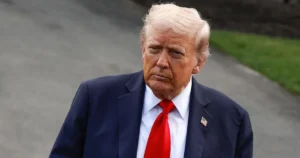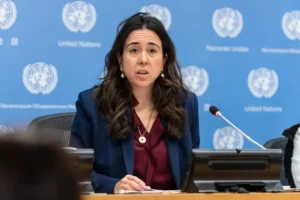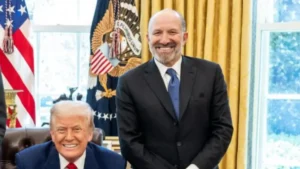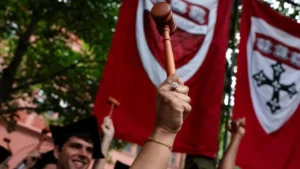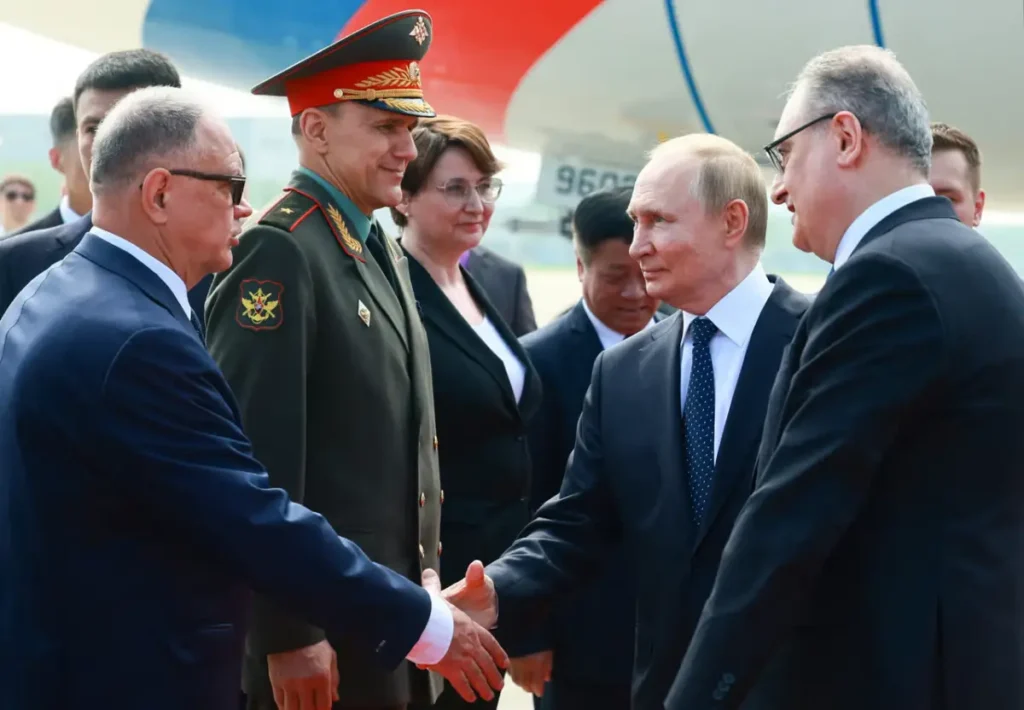
The Shanghai Cooperation Organization (SCO) summit kicked off Sunday with a show of political theater in Tianjin, as Chinese President Xi Jinping rolled out the red carpet for Russian President Vladimir Putin, Indian Prime Minister Narendra Modi, and about 20 other world leaders.
The annual Eurasian political and security gathering — founded in 2001 as a counterweight to Western alliances like NATO — has grown from its original six members (China, Russia, and four Central Asian nations) to 10 full members and 16 dialogue partners and observers. This year, the spotlight is firmly on U.S. President Donald Trump’s escalating trade war.
Trump has slapped 50% tariffs on Indian goods in retaliation for New Delhi’s continued purchases of Russian oil. Putin, meanwhile, is facing fresh Western sanctions over his ongoing war in Ukraine.
The optics are striking. “How in the hell did Trump so alienate Modi that he’s now attending a summit with autocrats, Xi and Putin?” wrote Michael McFaul, a Hoover Institution fellow and former U.S. ambassador to Russia, on X. “Just last year, China and India were at war with each other!”
Despite years of mistrust and unresolved border disputes, Xi and Modi appear to be testing a reset in their relationship — a shift analysts say could ripple far beyond Asia. As Chatham House experts Chietigj Bajpaee and Yu Jie note, “What happens in this relationship matters to the rest of the world.”
Their warning to Washington is blunt: if the U.S. truly wants India as a counterweight to China, it must temper its expectations. “India was never going to be the bulwark against China that the West thought it was,” they wrote. “Modi’s China visit marks a potential turning point.”
Putin will remain in China through Wednesday, when Xi hosts a military parade marking the end of World War II and Japan’s formal surrender. The guest list includes North Korea’s Kim Jong Un, Slovakia’s Prime Minister Robert Fico, and Serbian President Aleksandar Vučić.
Before departing for China, Putin declared that Moscow and Beijing stand united against “discriminatory sanctions” in global trade — a message underscored by the presence of some of the world’s most heavily sanctioned nations at the summit, including North Korea, Iran, Myanmar, and Belarus.
